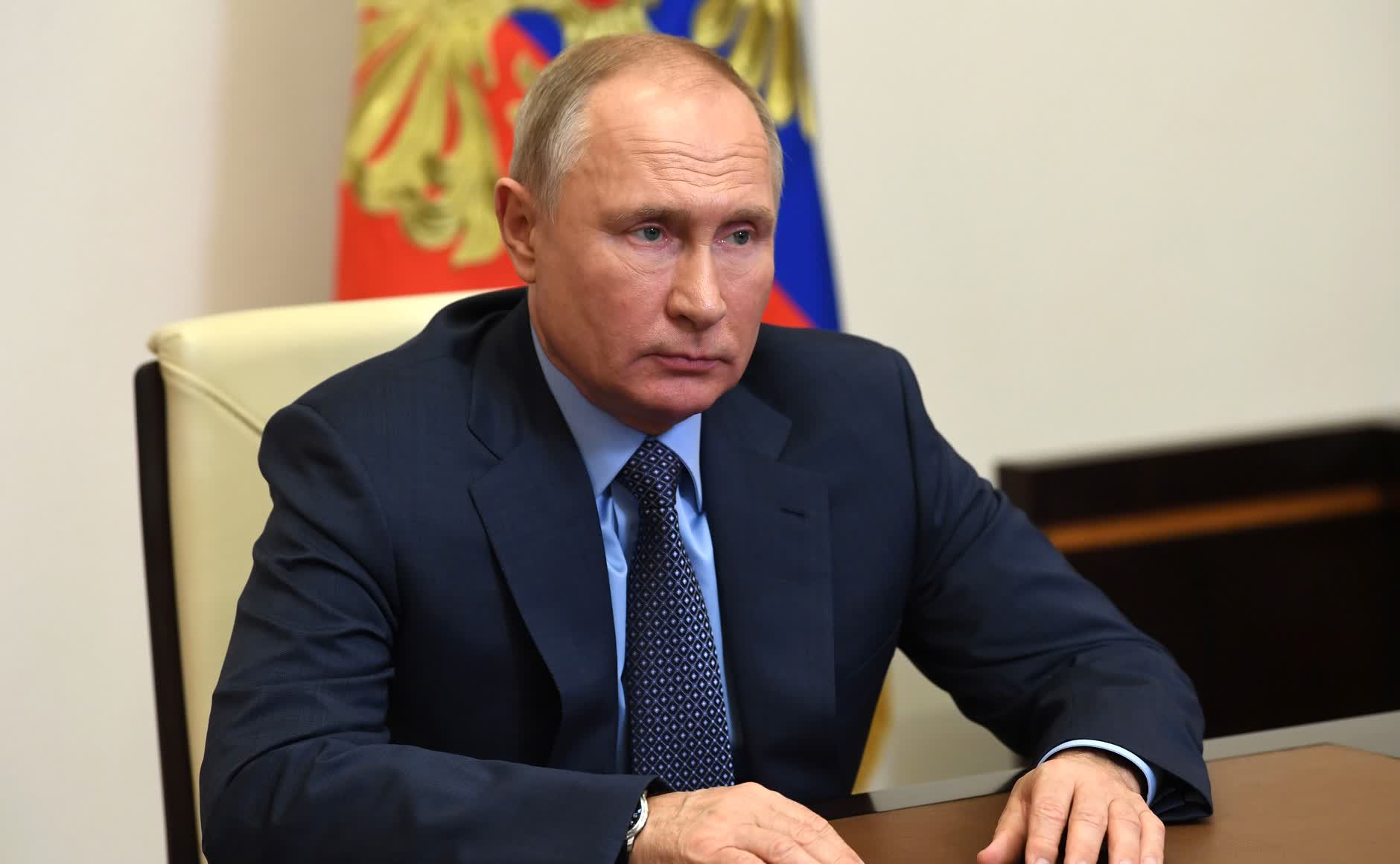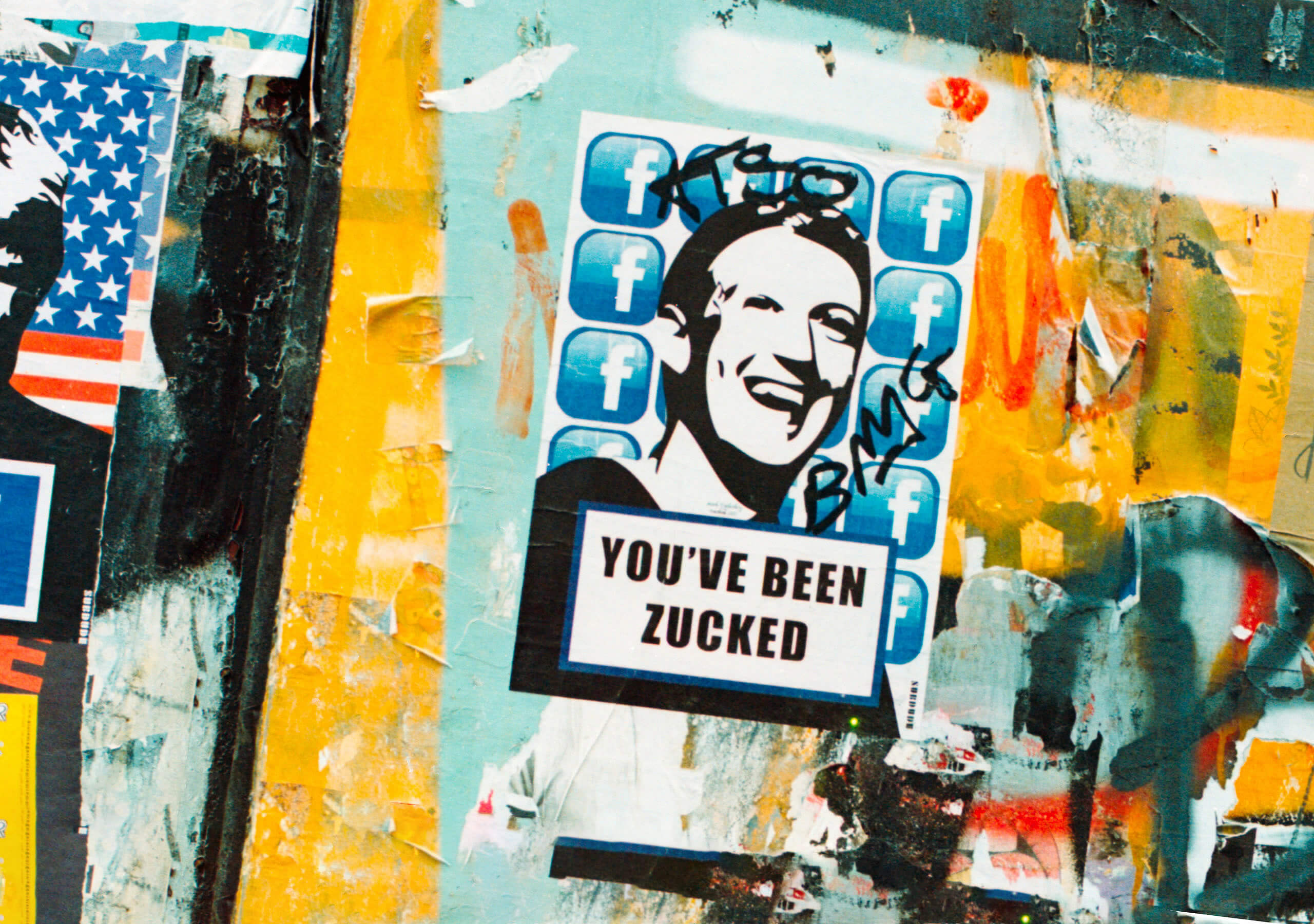A hot potato: The advancement of generative AI in recent times means it's often difficult, if not impossible, to tell if something you see on social media is real or has been created by a machine – and that's not a good thing. In an attempt to combat fake news and disinformation originating from Russia, the EU is, among other things, urging social media companies to start labelling content and images generated by AI.
Vera Jourova, deputy head of the European Commission, said, "Signatories who integrate generative AI into their services like Bingchat for Microsoft, Bard for Google, should build in necessary safeguards that these services cannot be used by malicious actors to generate disinformation."
"Signatories who have services with a potential to disseminate AI generated disinformation should in turn put in place technology to recognize such content and clearly label this to users," Jourova added.
The EU doesn't just want a small, hard-to-see disclaimer on the AI content. It is asking companies to label it in a way that the users will clearly see when scrolling through social media and distracted by other items on their feeds.
The Guardian writes that the Commission wants the content labeled with words such as "this is the robot talking." Interestingly, Jourova said she met with Google CEO Sundar Pichai 10 days ago to ask whether his company had the technology to detect fake news. "His answer was: 'Yes, but we are developing technologies further,'" she said.
A fake image of an explosion near the Pentagon went viral on Twitter recently
Jourova added (via Reuters) that companies, including Google, Microsoft, and Facebook, have signed up to the EU Code of Practice to tackle disinformation and should report on safeguards put in place to tackle this in July.
Twitter quit the voluntary code of practice two weeks ago, a move that Jourova has called a "mistake." Elon Musk's service could be fined up to 6% of its global revenue, which would be around $145 million, or banned in the EU if it does not comply with the Digital Service Act. The act covers digital content and is set to come into effect across the EU on August 25.

The move is part of a package of efforts to stop the spread of Russian disinformation on social media platforms. "This is not business as usual; what the Russians want is to undermine the support of the public opinion of our citizens for the support of Ukraine," Jourová said.
In addition to taking everyone's job and erasing the entire human race in a way comparable to nuclear war, the new wave of AI's ability to generate fake content that people believe is real is a big concern, especially when used by Russia. The country said earlier this year that it wants to become a global leader in AI tech alongside China, though that might be difficult with all the sanctions placed on both nations.
Last week saw Mozilla announce the winner of its Responsible AI Challenge. A panel of judges that included AI academics, developers, and entrepreneurs chose Sanative AI as its top contestant, handing it a $50,000 award. The company is developing an anti-AI watermark technology that protects images for being used as training data for diffusion models and generative AI algorithms.

